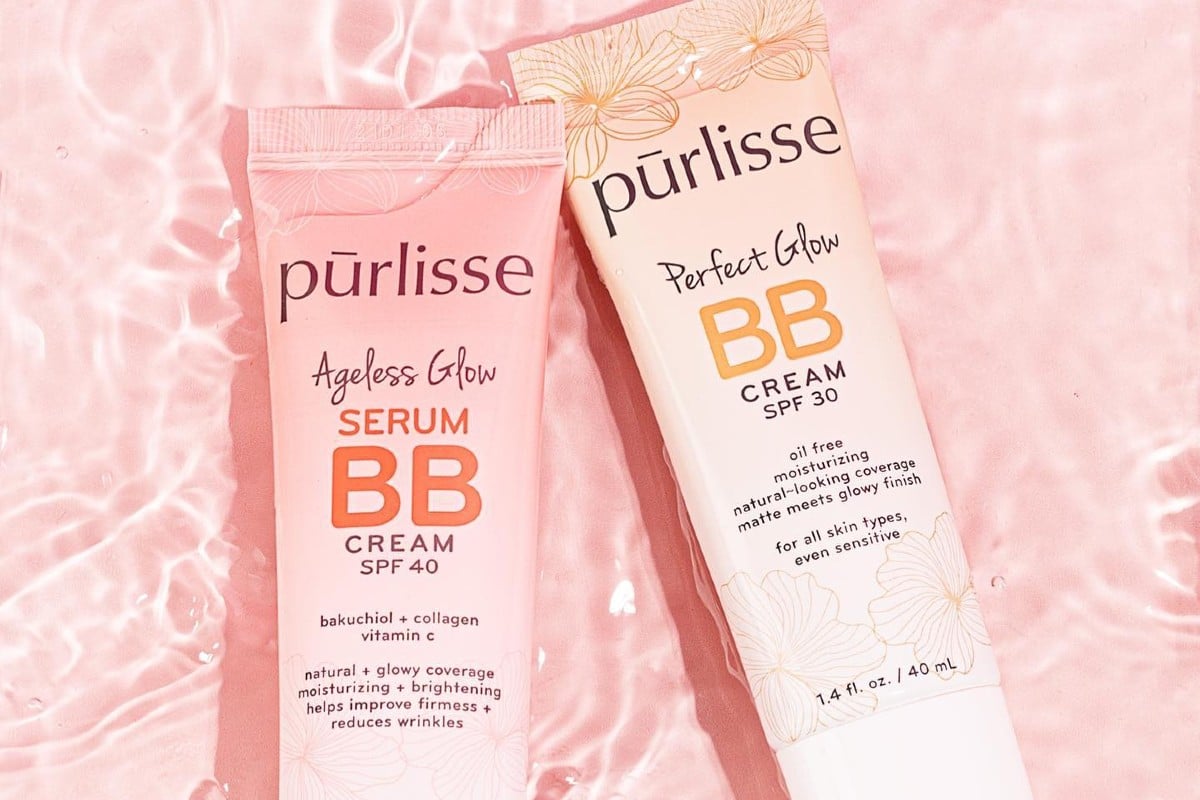Does your skin often feel like it’s on high alert, reacting to triggers that seem harmless to others? It’s not the best feeling when your skin breaks out from the slightest irritant while your friends breeze through using all sorts of products. This could be your skin telling you it’s sensitive. Sensitive skin isn’t just about short-lived reactions. It’s a persistent condition where your skin’s protective barrier is weakened and overreacts to everyday stimuli that would not bother most people. Through this article, we’ll help you decode the signs of sensitive skin and understand the fine line between chronic sensitivity, allergies, and one-time reactions.
Redness
If your skin often turns red, this could be a sign of chronic sensitivity. Redness is a common skin reaction. However, in the case of sensitive skin, it often appears more often and with a lower threshold of irritation. For instance, while non-sensitive skin might only show redness after a harsh treatment or sunburn, sensitive skin might react even to mild products or temperature shifts. This redness is more prolonged and often occurs alongside other symptoms like burning and stinging, unlike a one-time reaction, which subsides quickly and is often isolated to a specific trigger.
Swelling
Swelling in sensitive skin is not just a one-off response to an injury or bug bite, as you might see in normal skin. It’s more about a consistent overreaction to various stimuli—like certain foods, skincare ingredients, or environmental factors. This swelling is often more diffuse, not just localized to the area of contact, and tends to linger longer than in a normal reaction.
Itchiness
With sensitive skin, you don’t just experience fleeting discomfort; itchiness becomes a persistent and often baffling issue. You might unexpectedly feel itchy, and that’s because your sensitive skin tolerates everyday irritants less. Everyday items like fragranced cleansers, certain fabrics, or even stress can trigger itchiness in sensitive skin, unlike normal skin. This differs from the temporary itch of a mosquito bite, which goes away as the irritation heals. In sensitive skin, itchiness tends to persist and proves harder to soothe.
Discomfort when rubbing the skin
If your skin hurts when rubbed or pinched, you likely have sensitive skin. In sensitive skin, the nerve endings are more exposed due to the weakened skin barrier. This compromised barrier doesn’t protect the nerve endings as it should, making them more susceptible to external stimuli. Even mild pressure or friction, which would not normally cause discomfort in normal skin, can be enough to trigger pain in sensitive skin.
Stinging and burning sensation
Feeling a stinging or burning sensation immediately after applying skincare products is a common issue for those with sensitive skin. Sure, we all have those certain ingredients that our skin just doesn’t like. This, though, is more about an allergy or a specific sensitivity to a particular ingredient. But here’s the key difference: if you find your skin consistently reacting to a wide range of products, from your daily cleanser to your go-to moisturizer, it’s a strong hint that you’re dealing with sensitive skin.
Skin reacts to bad weather
If your skin often reacts to changes in the weather, it might mean you have sensitive skin. Here’s why: Sensitive skin has a weaker protective barrier. So, in cold weather, your skin might get dry, red, and irritated because it loses moisture. In hot and humid weather, you might see more oiliness and even acne breakouts. Sensitive skin is also more likely to react to pollen or pollution and it’s usually more sensitive to the sun. All these reactions to different weather conditions point to your skin having a weaker defense system, which is common in sensitive skin.
Dry or oily patches
Sensitive skin can have varied symptoms, and both dry and oily patches point to the skin’s struggle to maintain a balanced, healthy state.
You already know that sensitive skin has a weak protective barrier. This means it can’t retain moisture. This leads to dryness, which can manifest as rough, flaky, or itchy patches. Oily patches can also indicate sensitive skin. In some cases, when the skin is irritated or inflamed, it produces oil as a protective response. This is the skin’s natural mechanism of trying to compensate for dehydration. Oily patches in sensitive skin might be accompanied by redness, discomfort, or acne breakouts.
Can’t tolerate hard water
Hard water can irritate sensitive skin. As a matter of fact, studies show that the use of hard water is associated with an increased risk of eczema.
Summary
In summary, the key differences in the symptoms for sensitive skin, as opposed to normal skin reactions, lie in their frequency, intensity, duration, and the variety of triggers that can cause them. Sensitive skin reacts more often, more intensely, and to a wider range of stimuli, and these reactions tend to last longer than a regular one-time skin reaction.
Taking care of sensitive skin involves a gentle skincare routine and using products designed to strengthen and protect the skin’s barrier.





